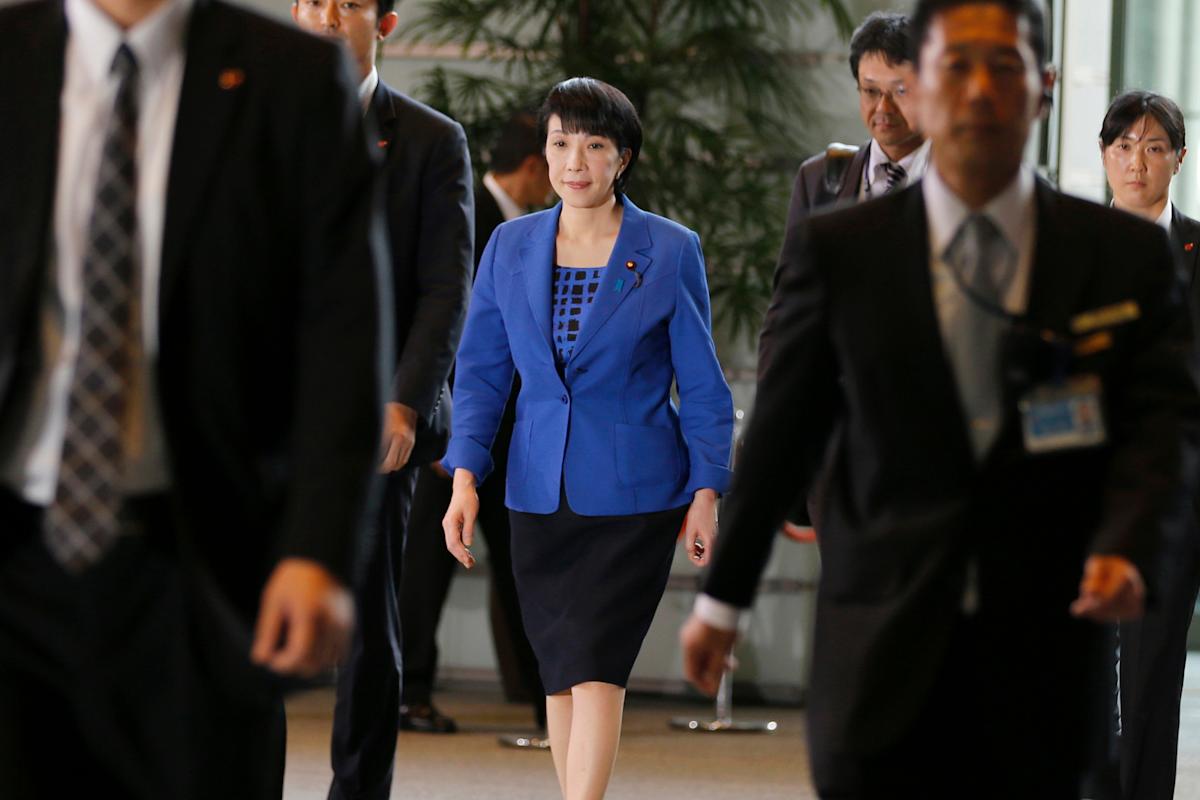TOKYO (AP) — Share prices have soared recently in Tokyo on hopes that conservative Japanese lawmaker Sanae Takaichi, who was chosen Tuesday to be Japan’s first female prime minister, will double down on market friendly policies, including hefty spending on defense and cheap credit.
The benchmark Nikkei 225 share index climbed close to the symbolically important 50,000 level, gaining 0.7% to 49,517.57. Takaichi, a motorbike and heavy metal enthusiast, prevailed in a lower house parliamentary ballot that gave her 237 votes, above the 233 votes required to win.
Here’s what might be expected from what has been dubbed “Sanaenomics:”
Inflation and wages are top concerns
Increases in consumer prices have surpassed the Bank of Japan’s 2% target range at 2.5% to 3%. So the central bank is gradually raising rates from their longstanding level near or below zero. Wages remain near the level they were at 30 years ago, only topping the 1997 average level in 2024 for the first time. Meanwhile, low rates have helped to keep the Japanese yen weak against the dollar, amplifying inflation since much of what Japan consumes is imported.
“I want to focus first on dealing with rising consumer prices,” Takaichi told reporters after she was elected head of the ruling Liberal Democratic Party earlier this month, putting her in line to replace departing Prime Minister Shigeru Ishiba.
Takaichi has indicated she opposes raising interest rates. The promise of continued cheap credit is one reason share prices have shot higher. But keeping rates low will hinder efforts to curb inflation and to strengthen the Japanese yen.
Echoing many of her predecessors’ promises, Takaichi also has vowed to deliver wage increases, without saying how she intends to do that.
Dealing with demography
Japan’s population has been shrinking and rapidly aging for years, leading to labor shortages and undermining the country’s potential economic growth.
Although she is an unabashed conservative on most social issues, Takaichi has said she favors giving tax incentives to companies that provide child care facilities to their employees and possible tax breaks for family spending on child care.
It’s unclear what more the government might do under any leader to counter the low birth rate, which partly reflects the financial difficulties of raising and educating children when wages fail to keep up with inflation. It also reflects a corporate culture that is not conducive to a family-friendly work-life balance.
Following in Abe’s footsteps
Takaichi is expected to emulate the policies of her late mentor, former Prime Minister Shinzo Abe. He stepped down in 2020 and was assassinated in 2022. His “Abenomics” approach included promises of cash handouts and boosting government spending, despite a national debt that is nearly triple the size of the economy.
